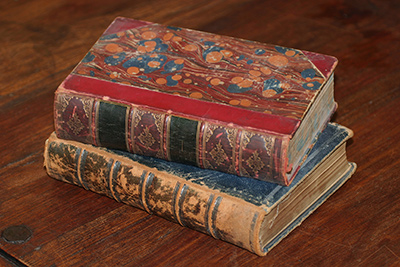On Comparative Glossaries
ASIPT realizes that there are many barriers that can stand in the way of the researcher. Among these is the sophisticated technical terminology of the religious sciences of Islam, which can be difficult to acquire without traditional training. The technical meaning of a word within one of the sciences may be quite different from its literary meaning or even from the meaning of the same word in a different science.
Layered upon this is the issue of translation. Texts from Islamic philosophy and theology have been translated for centuries, but even good translators will differ on which English word to select.
As part of its efforts to bridge the gaps between researchers of various backgrounds in the field of Islamic philosophy and theology and to actively advance this area of study, ASIPT is developing Comparative Glossaries, starting with an initial Comparative Logic Glossary, which includes over 1500 Arabic technical terms, with comparative translations from ten specialists, including Khaled El-Rouayheb and Faraz Khan. This is an unprecedented effort in English-language scholarship and already an invaluable online tool for those who have used it.
ASIPT is developing further glossaries for other Muslim sciences, including munazara (dialectical disputation), `ilm al-wad’ (linguistic theory), balagha (rhetoric), and so on. These will serve a critical role in facilitating a genuine dialogue and engagement between modernity and classical Muslim thought. Not only do they place this technical language in reach of a wide audience, but they will be important tools for seminarians, academics, and students of the upcoming Kalam Training initiative. These will help establish a standardized translation convention for rendering the Muslim scholastic tradition in English, and one that is informed by a deep grounding in those studies.
Available Glossaries
Continual Growth
Living Resource
The intention is to continue augmenting the comparative glossaries to ensure ongoing comprehensiveness and relevance. Suggestions are welcomed for additional translations that will enhance the glossary.
Research Team
This Comparative Glossaries project is led by Dr. Aaron Spevack and is a project of the American Society of Islamic Philosophy and Theology which is housed at Brandeis University and funded by a grant from the Templeton Foundation. The Harvard Division of Continuing Education also supported a Faculty Aide position intended to give students an opportunity to work collaboratively with a Harvard affiliated professor. Alison Jacques, while a Master’s in Religion candidate in the Harvard Extension School, worked as a research assistant to Dr. Spevack and carried out production of and research on the Comparative Logic (Mantiq) glossary. Dr. Muhammad Hozein entered the Arabic terms for the logic glossary, and Scott Doolin connected Arabic terms to Jacques Maritain’s scholastic nomenclature. Marwan Tayyan and Justin Poe joined the team in 2022 as Research Specialists housed at Brandeis University and funded by a new grant from the Templeton Foundation. They expanded the scope of authors and glossaries included and also thoroughly edited the Arabic text, English transliterations, and disambiguated some of the entries. They also produced the Comparative Rhetoric (Balāgha), Disputation (Munāẓara), and Grammar/Syntax (Naḥw) and Morphology (Ṣarf) Glossaries.




